The US Supreme Court is set to hear arguments on Thursday regarding whether former President Donald Trump should be immune from criminal prosecution for actions taken while in office. This pivotal ruling could have broad implications for executive power in the United States and impact Trump's legal challenges as he pursues another White House bid.
Legal experts widely anticipate Trump facing a legal setback in this matter, despite his political maneuverings. By accepting the case, the Supreme Court effectively delayed Trump's trial concerning allegations of conspiring to overturn the 2020 election results, potentially indefinitely.
The question of presidential immunity post-office is unprecedented in American jurisprudence, primarily due to past presidents like Richard Nixon avoiding prosecution through resignation and subsequent pardon. Trump's defense team has vigorously argued for his immunity, claiming "absolute immunity" for ex-presidents, but lower courts have consistently dismissed this argument as unfounded and unconstitutional.
Although Trump has shaped the current Supreme Court with conservative appointments, scholars like James Sample and Steven Schwinn doubt the court will grant a blanket immunity to former presidents. They believe the court's decision will likely favor the prosecution, indicating a legal victory for Special Counsel Jack Smith.
Despite the legal outcome, the timeline remains critical, with concerns about expediting the trial before the upcoming November election. Trump contends that without immunity, a president cannot effectively fulfill their duties, but Smith argues that presidential responsibilities do not justify violating laws.
In addition to the ongoing trial, Trump faces separate election-related charges in Georgia and an indictment in Florida for mishandling classified documents. This week, he attended the commencement of his trial in New York on state charges related to falsifying business records concerning payments to a porn star before the 2016 election.



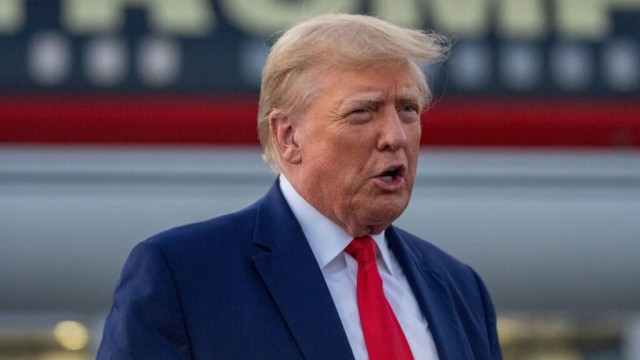
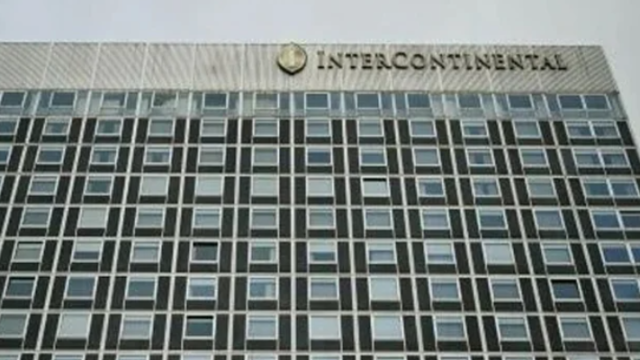
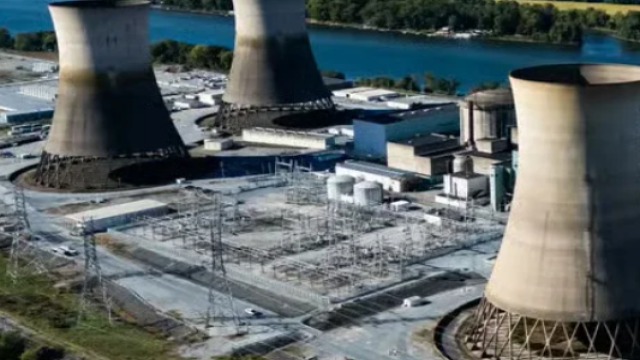
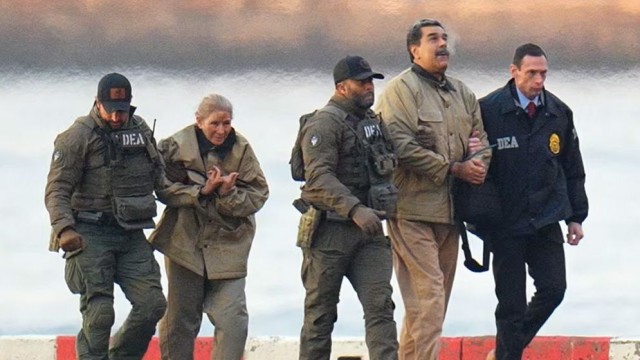
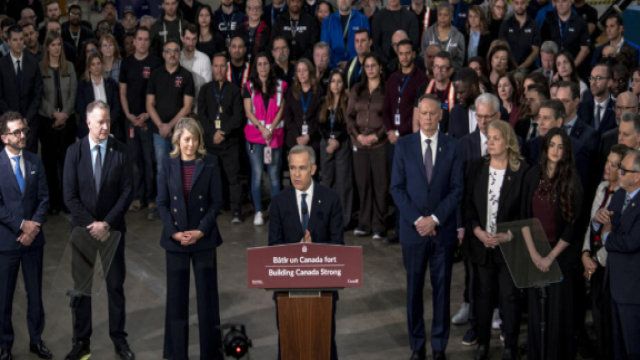
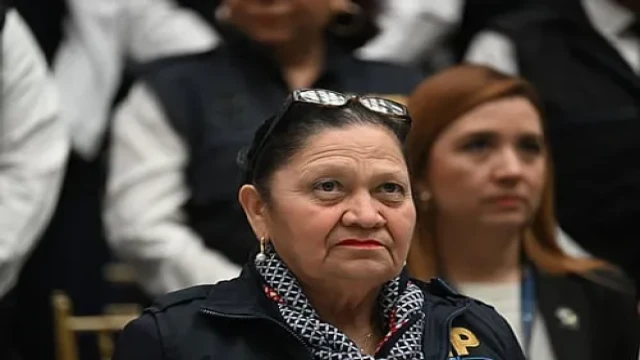

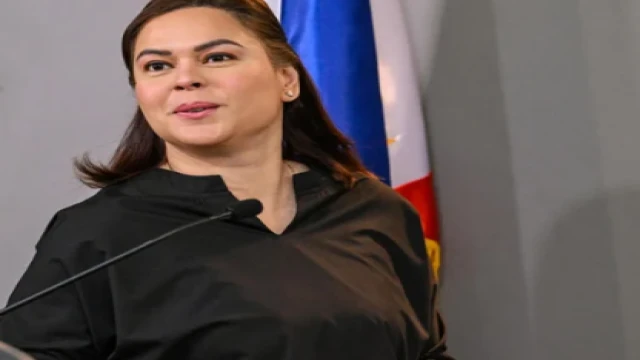

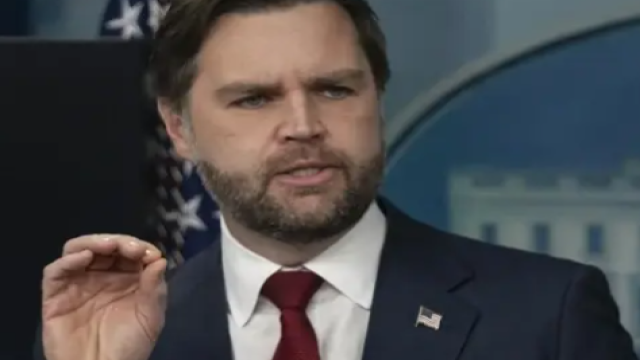














Comment: